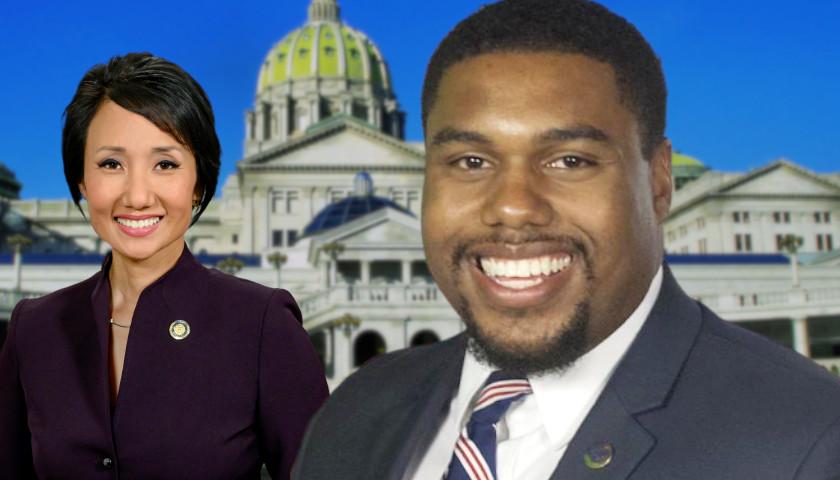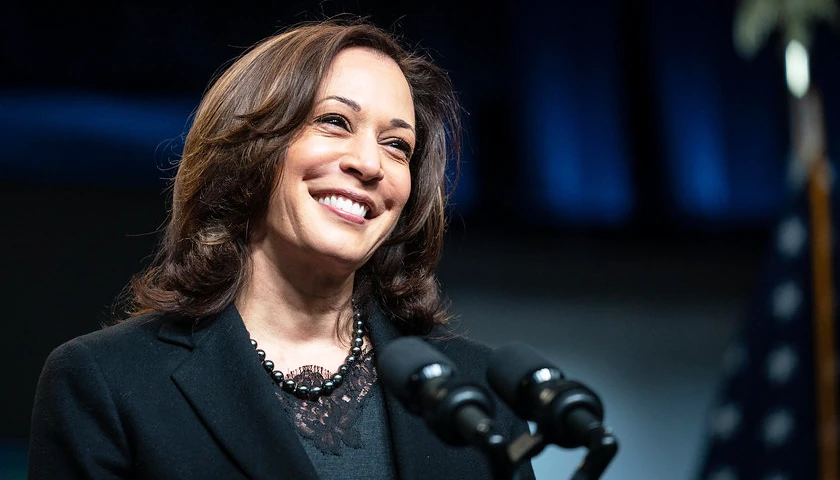As Democrats proceeded with Pennsylvania minimum wage hike legislation on Wednesday, Republican state representatives tried and failed to amend the measure to mitigate job losses.
The bill supported by the Democrats’ one-seat House of Representatives majority would increase the Keystone State’s minimum wage from $7.25 per hour to $15 per hour by 2026. The wage floor would thenceforth permanently rise according to inflation.
Republicans expressed worry that the measure sponsored by State Representatives Jason Dawkins (D-Philadelphia) and Patty Kim (D-Harrisburg) would hurt employment, particularly for teenagers. Opponents of a minimum wage rise frequently observe that very few Pennsylvanians earn just $7.25 hourly and that many of those who do are youngsters working their first jobs.
The Dawkins-Kim bill is poised to pass in the near future with some liberal Republicans’ support, though it could face a tougher path in the GOP-run Senate. On Wednesday, Democrats defeated 10 amendments Republicans made, most of which would have either narrowly or broadly weakened the legislation. No Democrat supported any of the GOP amendments.
Republicans failed to garner support to suspend House rules to consider an amendment that would preserve Pennsylvania’s current minimum hourly wage of $2.83 for tipped workers. House members also directly voted down nine other amendments, one of which Pennsylvania Freedom Caucus Chair David Rowe (R-Middleburg) offered to underscore the impact that wage floors have on teenage work opportunities. His change would have renamed the Minimum Wage Act of 1968 the “Youth Unemployment Act.”
“I think that we should really be paying homage to these 70,000 teenagers that are going to lose their job and the least that we can do is recognize the sacrifice that they’re being forced to make on the alter of political expediency,” Rowe said in floor remarks.
The representative said analyses demonstrate it’s likely that a wage-floor increase of the size under discussion could cost Pennsylvania workers of all ages more than 143,000 jobs. He based his assertions on data from the National Bureau of Economic Research, Miami University-Ohio, and even the left-wing Economic Policy Institute.
“Madame Speaker, this is data; this is facts; this is reality; this is the science,” Rowe said. “This isn’t [sic] the convenient political talking points that often consume the discussion in this room. This is reality.”
Rowe also unsuccessfully asked House members to vote for an amendment he wrote to allow workers to agree to a job paying less than the minimum wage, something he reasoned some hires would do to ensure they wouldn’t get priced out of a position. Recognizing the high number of teenage workers who make the minimum wage, Representative Eric Nelson (R-Greensburg) proposed an amendment that would exempt those who are 18 years or younger from the law, but the House majority rejected that idea too.
Other failed amendments included lessening the new minimum wage so it would reach $12 in 2028, a requirement that the state Minimum Wage Advisory Board report annually on the wage floor’s effects and an exemption of nonprofit jobs from the minimum wage. The Democrats also defeated a Republican amendment to remove an existing exemption for newspaper employment from the wage floor; Dawkins said he objected to it because a working group is already planning on making similar changes.
Backers of a minimum wage hike said they believe it is necessary because the state has not seen one since 2009 and because they believe the current job market can bear the increased cost to employers. Representative Maureen Madden (D-Tobyhanna) cited a 2011 Obama administration analysis that demonstrated a federal minimum wage of $11 per hour then “would have lifted all the people living in poverty out of poverty.”
She mentioned she heard fellow lawmakers laughing at her notion that a wage-floor increase would have eliminated poverty for 100 percent of Americans.
“I’m not sure what’s funny about lifting people out of poverty, but you joke,” she told her detractors.
A few minutes after Madden’s oration, Rowe pointed out that Barack Obama never raised the minimum wage during his eight years in the White House.
“If raising the minimum wage was such a great thing and President Obama discovered it to be the case and he touted it, why didn’t he do it?” he said.
– – –
Bradley Vasoli is managing editor of The Pennsylvania Daily Star. Follow Brad on Twitter at @BVasoli. Email tips to [email protected].





